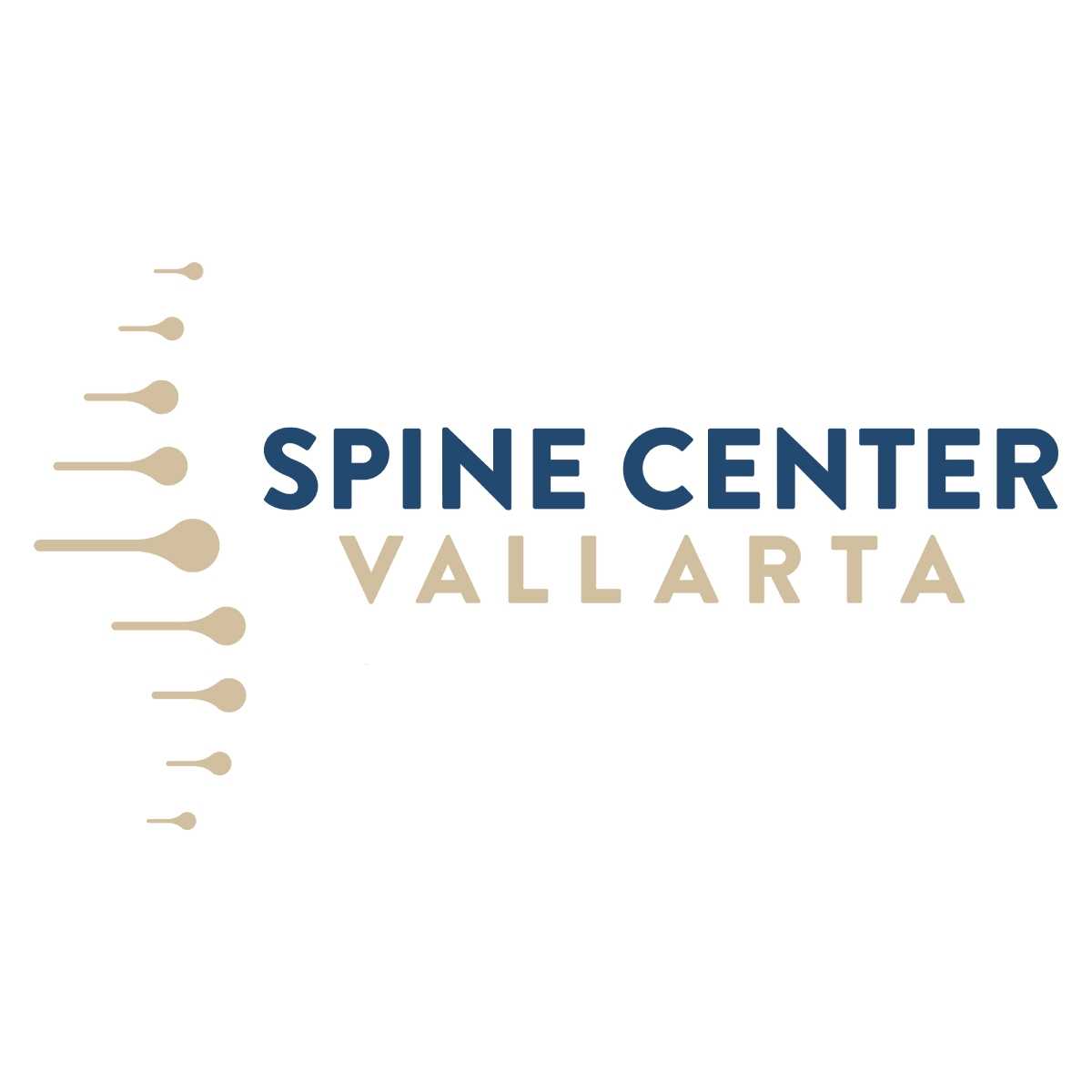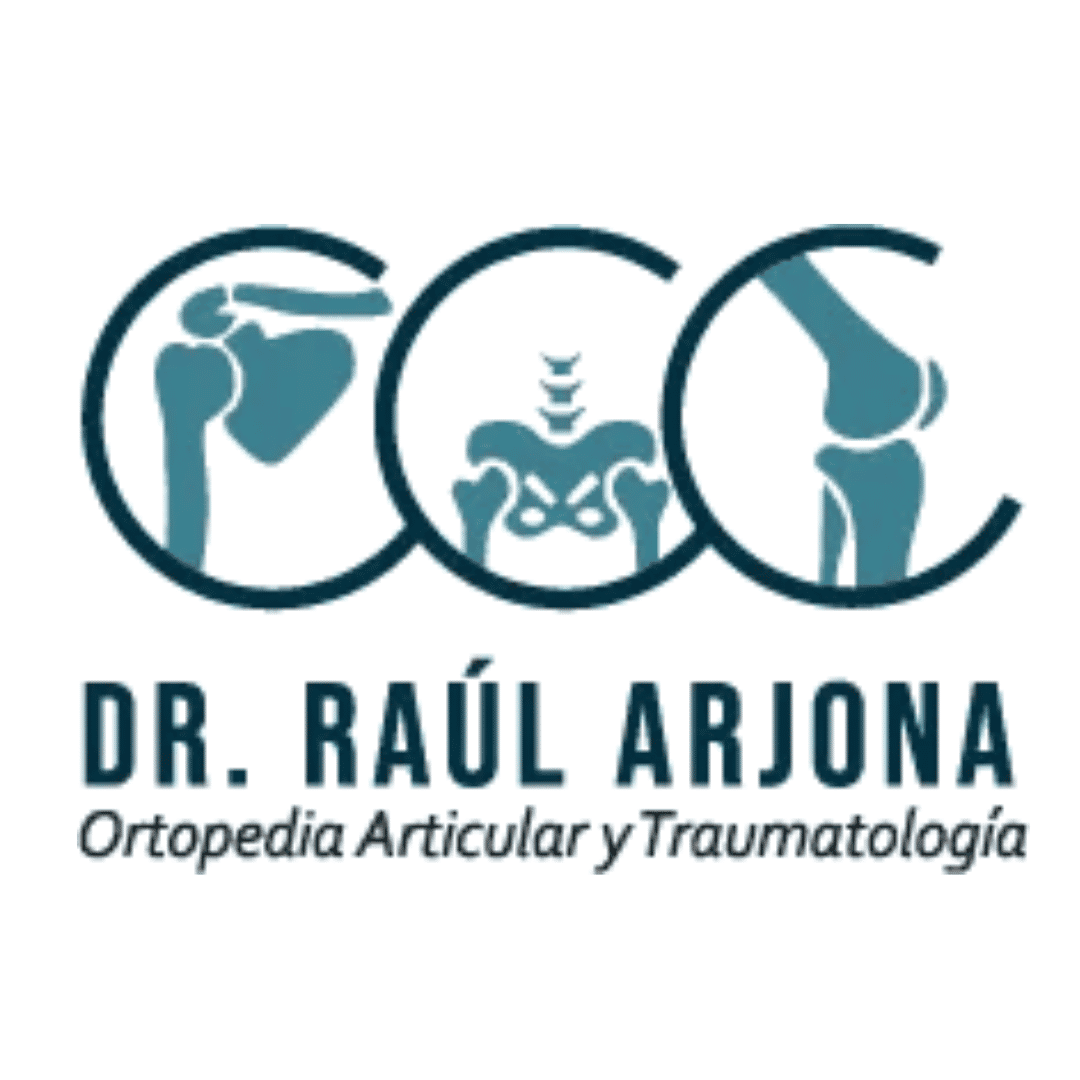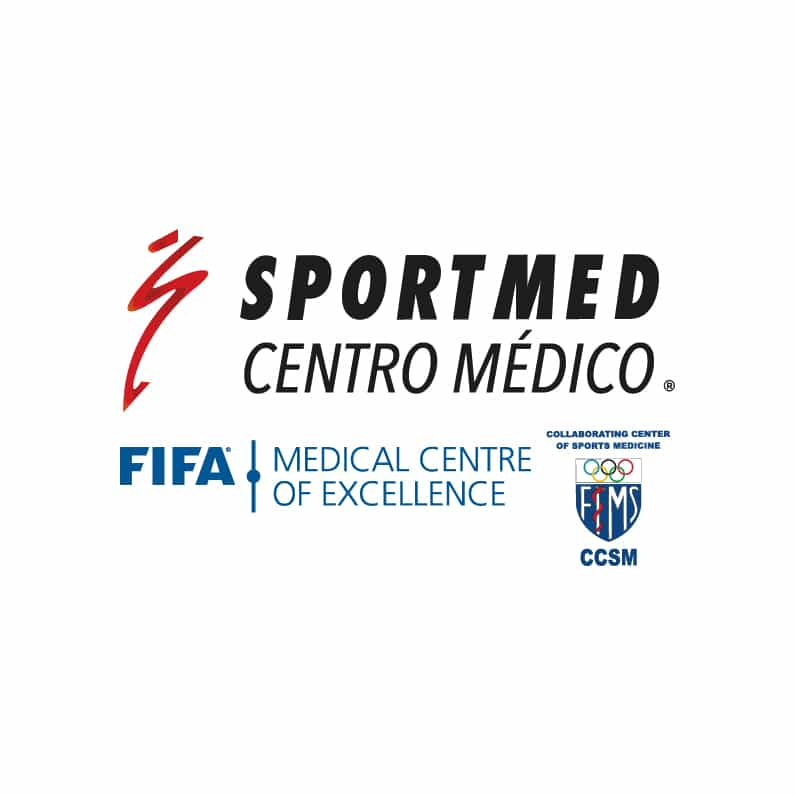Common Risks of Shoulder Surgery in Mexico
.jpg)
Deciding on a major medical procedure like shoulder surgery is a significant choice, and when you consider having it done abroad, like in Mexico, a whole new set of considerations comes into play.
Many people are drawn to medical tourism in Mexico due to the attractive cost savings and sometimes shorter wait times compared to their home countries. While Mexico offers excellent, high-quality healthcare facilities and highly skilled surgeons, particularly in popular medical tourism hubs, it's also true that the standards can vary widely.
It's natural to have questions and concerns about safety, quality, and what might go wrong when seeking shoulder surgery outside your usual healthcare system. Understanding the potential risks of shoulder surgery in Mexico isn't about deterring you from a beneficial option, but rather empowering you to make a thoroughly informed decision.
By being aware of common challenges—from surgical standards and communication to post-operative follow-up and legal protections—you can take proactive steps to ensure your medical journey is as safe and successful as possible.
What are the primary risks associated with shoulder surgery in Mexico?
When considering shoulder surgery in Mexico, patients face a combination of general surgical risks inherent to any operation, alongside specific challenges related to receiving care in a foreign country. General surgical risks include complications from anesthesia, bleeding, blood clots, nerve damage, or persistent pain. These are common concerns regardless of where the surgery takes place.
However, the unique risks of undergoing shoulder surgery in Mexico often revolve around the variability of healthcare standards. While many clinics and hospitals are internationally accredited and maintain excellent quality, others may not.
This inconsistency can lead to concerns about surgical outcomes, hygiene protocols that might increase infection risk, and the qualifications of medical staff. Furthermore, language differences can create communication barriers, making it difficult to fully understand diagnoses, treatment plans, or critical post-operative instructions, potentially impacting patient safety and satisfaction.
How does the quality of care for shoulder surgery in Mexico compare to other countries?
The quality of care for shoulder surgery in Mexico is not uniform; it exists on a spectrum. On one end, you'll find world-class hospitals and clinics, especially in medical tourism hotspots like Tijuana, Monterrey, or Guadalajara, that are accredited by international organizations such as the Joint Commission International (JCI). These facilities often boast state-of-the-art equipment, adhere to stringent safety protocols, and employ surgeons who have received training in the U.S. or Europe.
On the other end, there are smaller, unaccredited clinics where standards of care might not be as rigorous. This variability makes thorough research absolutely vital. Patients should look for facilities with international accreditations, transparent patient outcomes data, and a strong reputation within the medical tourism community. A good indicator is also whether the facility caters primarily to international patients, as these often have systems in place for foreign visitors.
Are surgeons in Mexico for shoulder procedures board-certified and experienced?
Yes, a significant number of surgeons specializing in orthopedic procedures, including shoulder surgery, in Mexico are board-certified and possess extensive experience. Many have completed their medical education and specialized training not only in Mexico but also in leading medical institutions in the United States, Canada, or European countries.
They often participate in international medical conferences and continuous education programs to stay updated on the latest surgical techniques and advancements. However, simply being "experienced" isn't enough; verification is key.
Patients should always request and verify a surgeon's credentials. This includes checking their board certification (e.g., by the Mexican Council of Orthopedics and Traumatology), their affiliations with professional medical associations, and the number of specific shoulder procedures they perform annually. Reputable medical tourism facilitators or the clinics themselves should readily provide this information, ensuring transparency and giving you confidence in your surgeon's expertise.
What are the risks of infection after shoulder surgery in Mexico?
Infection is a potential complication of any surgery, including shoulder surgery, regardless of location. The risk profile for surgical site infections in Mexico is generally comparable to other countries when procedures are performed in accredited, high-standard facilities. These facilities follow strict sterilization protocols for surgical instruments, maintain clean operating rooms, and implement robust infection control practices.
However, risks can increase if the chosen facility does not adhere to international hygiene standards. Factors that can influence infection rates include the thoroughness of pre-operative skin preparation, the use of prophylactic antibiotics, proper sterile technique during surgery, and meticulous wound care post-operatively.
Patients should inquire about the clinic's infection rates for shoulder surgery, their sterilization processes, and the post-operative instructions for wound care to minimize their personal risk. Adhering strictly to your surgeon's post-operative care instructions, including wound dressing changes and medication, is also paramount.
What are the language and communication barriers during shoulder surgery in Mexico?
For patients who do not speak Spanish, language can be a significant hurdle when seeking medical care in Mexico. While many medical professionals in facilities catering to international patients are fluent in English, not all staff members—including nurses, anesthesiologists, and support staff—may be. This can lead to critical misunderstandings during the diagnostic phase, surgical planning, or, most importantly, during the immediate post-operative period when precise instructions are crucial.
Effective communication is vital for patient safety and satisfaction. Misinterpretations regarding medication dosages, warning signs of complications, or physical therapy regimens can have serious consequences. To mitigate this risk, choose clinics that explicitly offer English-speaking staff or provide professional medical interpreters throughout your care journey. It's also wise to prepare a list of questions in advance and ensure you fully understand all aspects of your treatment before proceeding, perhaps even having a trusted companion with you to assist with communication.
How reliable is post-operative follow-up and physical therapy after shoulder surgery in Mexico?
One of the most practical challenges for patients undergoing shoulder surgery in Mexico is managing post-operative follow-up and physical therapy upon returning home. Rehabilitation is a critical component of successful shoulder surgery recovery, often requiring weeks or months of consistent physical therapy sessions. While some medical tourism packages include a short period of post-operative physical therapy in Mexico, the bulk of your rehabilitation will likely need to occur in your home country.
It's essential to plan for this continuity of care well in advance. This includes coordinating with your surgeon in Mexico to receive detailed reports, imaging, and specific physical therapy protocols to share with a local therapist. Ensuring your home country's healthcare providers are willing and able to take over your post-operative care is crucial.
Without a seamless transition, the effectiveness of your surgery could be compromised, leading to slower recovery, incomplete healing, or even re-injury. Discussing follow-up options, including telemedicine consultations with your Mexican surgeon, should be part of your pre-surgery planning.
What legal protections and recourse do patients have if complications arise from shoulder surgery in Mexico?
If complications arise from shoulder surgery in Mexico, understanding your legal protections and recourse can be complex. The legal framework governing medical malpractice and patient rights in Mexico may differ substantially from what you are accustomed to in your home country. Pursuing a medical malpractice claim in a foreign jurisdiction can be challenging, time-consuming, and expensive, often requiring the engagement of local legal counsel fluent in Mexican law.
Furthermore, medical tourism typically means you are subject to the laws of the country where the procedure is performed. This can limit the scope of legal action available to you once you return home. It's advisable to research the clinic's and surgeon's professional liability insurance and understand what it covers, if anything, for international patients.
Some medical tourism facilitators offer patient advocacy services in case of disputes, but these are not a substitute for formal legal protections. Purchasing comprehensive medical travel insurance that includes coverage for complications and legal assistance is highly recommended as a precautionary measure.
What role does medical tourism insurance play in mitigating risks for shoulder surgery in Mexico?
Medical tourism insurance plays a vital role in providing a safety net for patients undergoing shoulder surgery in Mexico. Standard travel insurance policies often exclude coverage for elective medical procedures performed abroad. Therefore, specialized medical tourism insurance is designed to cover the unique risks associated with international medical travel. These policies can cover a range of unforeseen events, significantly reducing your financial burden and stress should complications arise.
Typically, medical tourism insurance may cover:
- Complications Coverage: Expenses for treating unexpected medical complications that occur during or after your surgery.
- Extended Stay: Costs for additional accommodation and living expenses if you need to extend your stay in Mexico due to a complication.
- Emergency Medical Evacuation: Transportation back to your home country for urgent medical treatment if necessary.
- Trip Interruption/Cancellation: Coverage for non-medical reasons that might prevent your trip or cut it short.
Always read the policy details carefully to understand what is and isn't covered, paying close attention to exclusions, coverage limits, and the claims process. This specialized insurance is a critical investment for peace of mind when traveling for medical procedures.
How can I choose a reputable clinic or hospital for shoulder surgery in Mexico?
Selecting a reputable clinic or hospital is the single most important step in mitigating the risks of shoulder surgery in Mexico. Thorough due diligence is non-negotiable. Here's a checklist to guide your decision-making process:
- Accreditation: Look for international accreditations like Joint Commission International (JCI), which signifies adherence to global standards of patient safety and quality of care. Also, check for national accreditations from the Mexican General Health Council (Consejo de Salubridad General).
- Surgeon Credentials: Verify the surgeon's board certification, specialization in orthopedic surgery (specifically shoulder), years of experience, and affiliations with professional medical associations. Inquire about their complication rates for the specific procedure you need.
- Facility Standards: Research the hospital's infrastructure, technology, and hygiene practices. Ask about the operating room sterilization protocols and post-operative care facilities.
- Patient Reviews and Testimonials: Seek out independent patient reviews and testimonials, particularly from international patients who have undergone similar procedures. Websites, forums, and medical tourism platforms can be good resources.
- Transparency: Choose clinics that offer transparent pricing, clearly outline what's included in the package (surgery, anesthesia, hospital stay, medications, initial physical therapy), and are forthcoming with information about their staff and processes.
- Communication: Ensure the clinic has English-speaking staff or provides professional interpreters to facilitate clear communication throughout your journey.
Don't hesitate to ask many questions and seek multiple opinions before committing to a provider.
Are there specific shoulder conditions that are riskier to treat in a medical tourism setting in Mexico?
While many routine shoulder procedures, such as arthroscopic rotator cuff repair or shoulder impingement surgery, are commonly and successfully performed in medical tourism settings, certain conditions may inherently carry higher risks, especially when considering care abroad. These include:
- Complex Reconstructive Surgeries: Procedures like revision shoulder arthroplasty (replacing a previous shoulder replacement) or extensive multi-ligament reconstructions can be more intricate, requiring highly specialized expertise, specific equipment, and often a longer, more intensive recovery period.
- Patients with Significant Comorbidities: Individuals with pre-existing complex health conditions such as uncontrolled diabetes, severe heart disease, significant lung issues, or weakened immune systems have a higher risk of surgical complications anywhere. Managing these conditions in a foreign healthcare system, especially with potential communication barriers, adds another layer of risk.
- Conditions Requiring Prolonged or Highly Specialized Post-operative Care: Procedures that necessitate an extended hospital stay, intensive nursing care, or highly specialized physical therapy might be more challenging to manage remotely or with limited follow-up options once you return home.
For these more challenging cases, the benefits of cost savings might be outweighed by the increased risks of inadequate follow-up, potential complications, and the stress of managing a complex medical situation far from your familiar support system. Always discuss the specifics of your condition and overall health with potential surgeons and your primary care doctor at home before making a decision.
Considering shoulder surgery abroad? Explore PlacidWay for a trusted network of internationally accredited clinics and experienced surgeons, ensuring transparent information and comprehensive support for your medical travel journey.


.png)


.png)
.png)
.png)

.png)
.png)






Share this listing